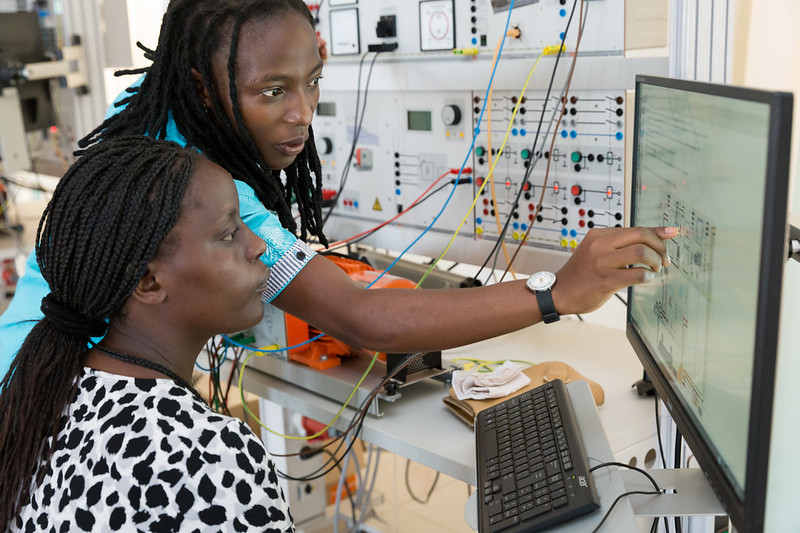I’ve been blogging a little about technology adoption of late. It’s a subject close to my heart: my last book was pretty much all about how new technologies and the spread of ideas were behind much of the global progress we’ve seen in the quality of life over the last fifty years.But there are a lot of technologies that huge numbers of people in developing countries aren’t adopting, and we can say with some degree of certainty that their choice is a bad one from the point of view of development outcomes. Think parents with access to vaccination camps who don’t get their kids vaccinated. Or farmers who don’t micro-dose their crops with fertilizer. Or school kids who don’t use deworming pills. Or mothers who don’t practice skin-to-skin with newborns.Of course a lot of the recent excitement in development economics has been around experiments to nudge people into doing what they should, using incentives or subsidies or communication campaigns. But all of this work, and especially the recent contradictory findings regarding RCTs for cook stoves, emphasizes the need for a tested theory as to why people aren’t already doing what you think they should.In part that’s because people the world over have shown they’re quite willing to adopt new technologies and ideas incredibly rapidly if they find them attractive. The obvious case: the mobile phone. Between 2000 and 2010, the number of mobile phone subscriptions in developing countries increased from 215 million to 4.1 billion. But it isn’t just the mobile: technologies and ideas that are ubiquitously used or accepted across the world include wire, matches, plastic sheeting, bicycles, buses, radios, televisions and democracy.Not only that, people the world over have demonstrated more than once they were right and the experts were wrong about the utility of particular innovations for their communities. On the one hand, poor people were adopting the mobile phone while the experts still viewed it as a toy for the rich. But on the other, and sticking with communications, note the fiber-wielding Broadband Commission to whom every problem looks like a data port, then think about the rural communities the world over that have failed to visit telecenters in droves. In general, there’s a big chance the reason people aren’t adopting an innovation is because it is too much hassle, or they have better things to spend the money on, or they have good reasons to think it won’t work.Why might people not adopt a technology we are right to think they should? There are a number of possibilities: maybe it is just too expensive and credit markets don’t work; perhaps it is a public good technology (vaccines, deworming pills); maybe there are barriers of culture (examples might include traditional birth techniques, or rules about intra household land distribution); maybe there has been a failure of rational thinking (sometimes argued for fertilizer use) or there’s simply a lack of knowledge (think what to do if your kid has diarrhea).If you have a technology that you like, but that hasn't been adopted, you might want to work through and test an idea as to why. And you might want to design (and test) your proposed response accordingly. It might be subsidies or incentives, it might be a communications campaign, it might be all of them or it might be something else entirely. For all they sound like socio-babble (or, worse, the new logframe), tested theories of change matter.But two things are clear: first, the presumption should remain that people are smarter about what works for them than you are –at least until you can prove pretty convincingly otherwise. And second, just subsidizing stuff or giving it out for free because you think it must be good for people really doesn't cut it any more.
CGD blog posts reflect the views of the authors, drawing on prior research and experience in their areas of expertise.
CGD is a nonpartisan, independent organization and does not take institutional positions.





